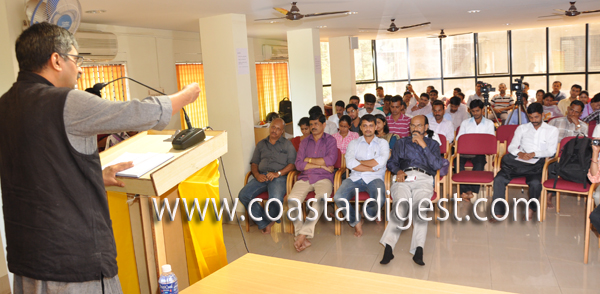
Mangalore, September 15: Media persons and media owners must have self-regulatory mechanism in place so that they can function effectively, said Prof. Varadesh Hiregange, Director, Manipal Institute of Comunication (MIC).
He was speaking at a media workshop organised by the Mangalore Press Club in the city on Saturday.
Advising media persons to think from the point of view of the victims about whom they write, Mr. Hiregange said that such a self-regulation could bring about a huge difference in the functioning of the media.
Speaking about the 'paid news' phenomenon, Mr. Hiregange said that although advertisements are a part of media activity, there has to be a clear distinction between news and ads. “We must not blur the dividing line between advertisements and news. When advertorials become a part of our system, it becomes a problem”, he said. He also advised journalists to maintain a moderate approach and neither become too friendly with people nor exhibit arrogance, either of which may act as a hindrance in performing their duty. Many journalists have developed a sense of arrogance which is evident in the TV news channel debates where the news anchors do not allow others to speak adequately, he said.
Mr. Hiregange also opined that to tackle professional dilemmas like capturing an act of assault or humiliation on camera, one must choose the middle path i.e. to publish blurred pictures or finding ways to reduce the impact of the images.
Stating that although the Indian constitution has provided certain 'reasonable restrictions' with regard to freedom of speech and expression, Mr. Hiregange said that at times issues such as security of the state, friendly relations with foreign countries, incitement to offence, sedition etc also become debatable. “It is the public interest that is of paramount importance rather than the interest of the state. Many a time the state misuses these restrictions to harass media representatives. If it is in the interest of the people, they have a right to know”, he said.
However, media would be treading the wrong path if it intrudes into the private lives of people especially if it does not concern the good of the country or the society, he said.
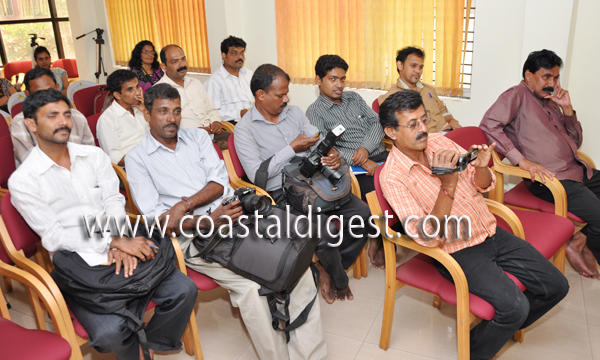
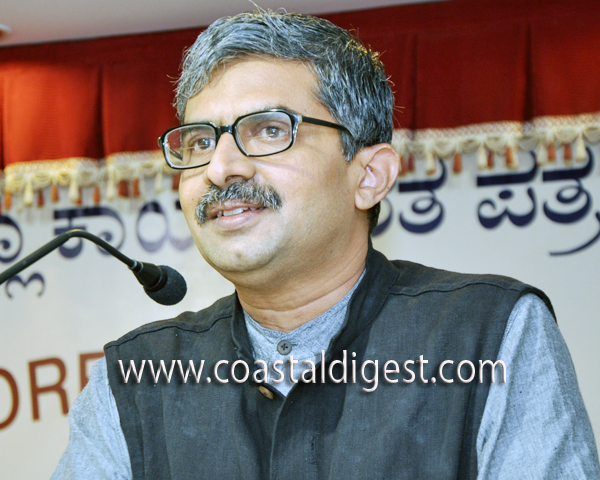
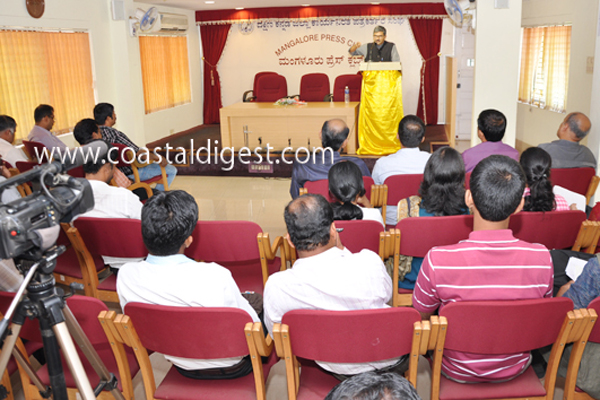
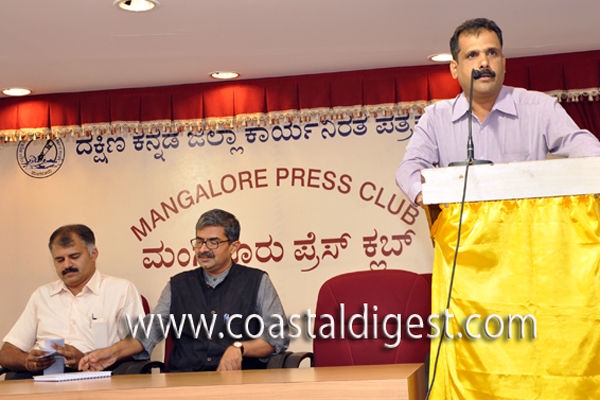
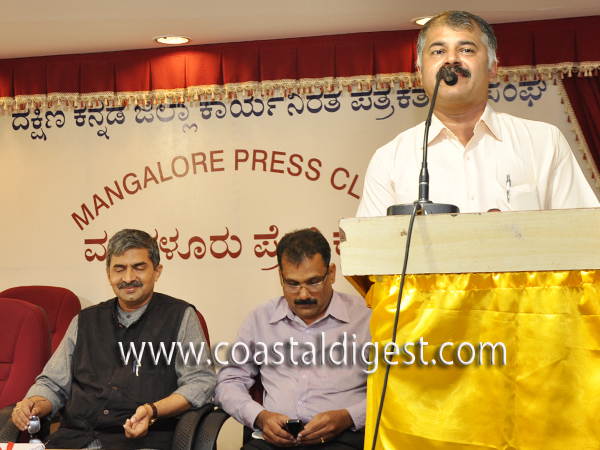
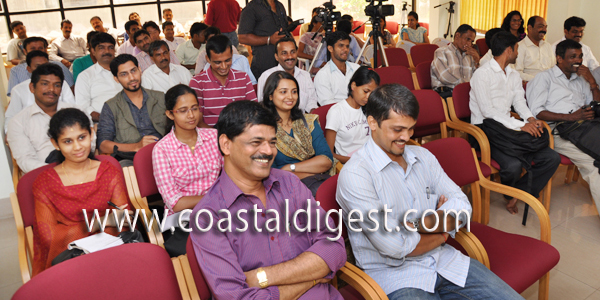
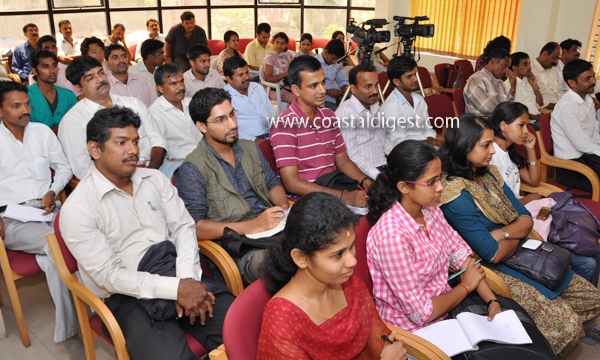
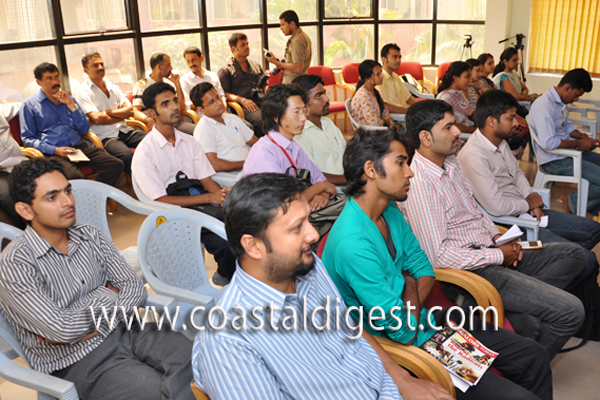
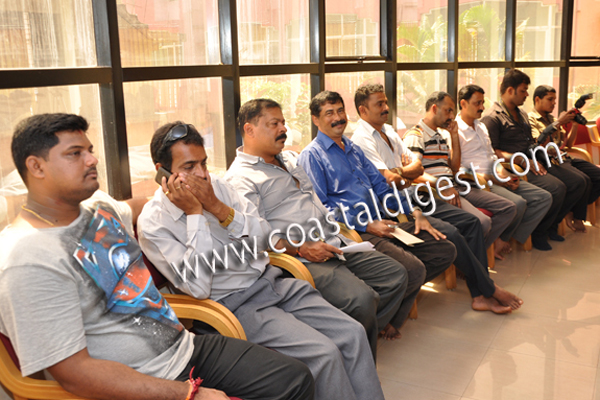
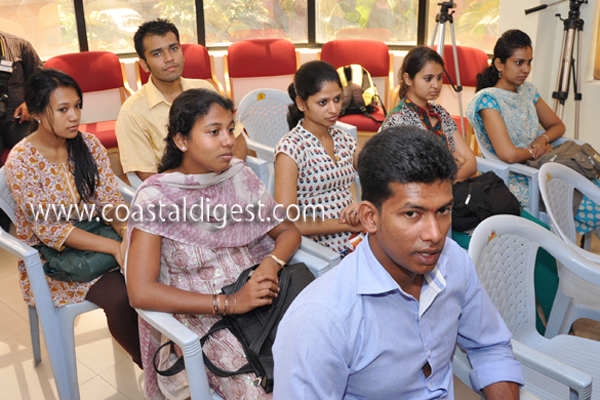






Comments
Add new comment